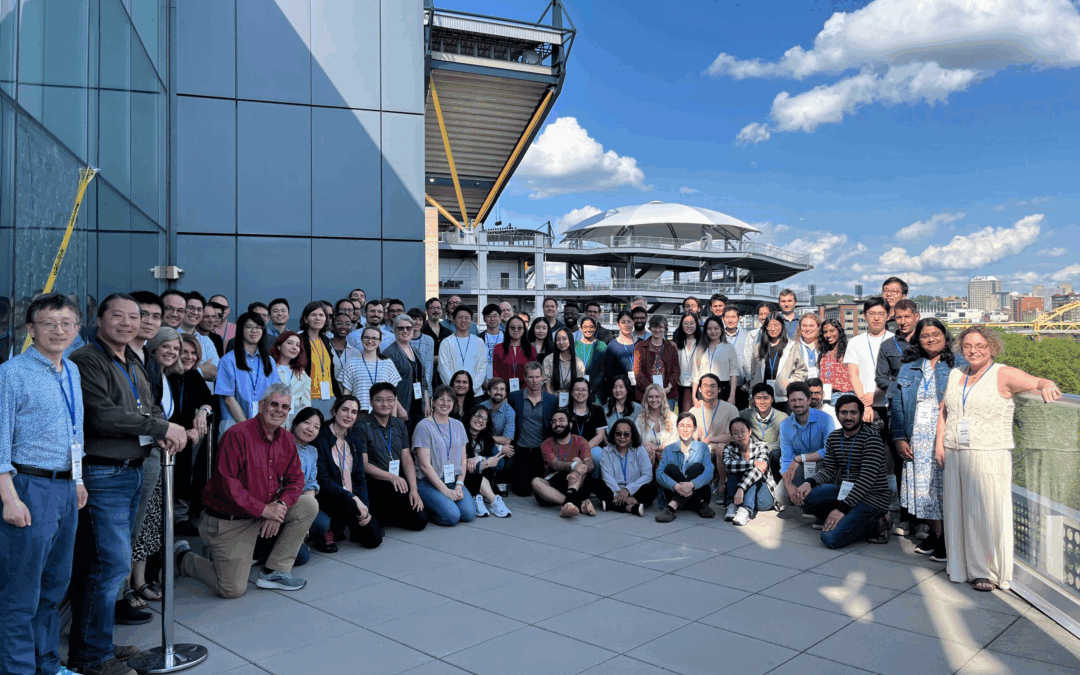Have you ever wondered where a master’s degree in Computational Biomedicine and Biotechnology will take you? Read more about becoming a software engineer.

Menu

Have you ever wondered where a master’s degree in Computational Biomedicine and Biotechnology will take you? Read more about becoming a software engineer.

The Department of Computational and Systems Biology hosted its annual retreat at the Carnegie Science Center on May 15.

As Haiyi Mao graduates from the Joint Carnegie Mellon-University of Pittsburgh PhD Program in Computational Biology (CPCB), he reflects on an experience that has enriched his life personally and professionally.

Two students in the Joint Carnegie Mellon-University of Pittsburgh PhD Program in Computational Biology have received honorable mentions from the National Science Foundation’s Graduate Research Fellowship Program.

Roshni Bhatt’s inquisitive nature and passion for science has been a guiding star throughout her academic journey. She will graduate from the CPCB program with the skillset needed to tackle scientific problems.

As David Antolick nears the finish line of his Computational Biomedicine and Biotechnology (CoBB) master’s degree, he reflects on a whirlwind journey.

PhD student Gaohan Yu delivered a talk and chaired a session at the American Physical Society Global Physics Summit.

Postdoctoral associate Anuraag Bukkuri was recognized with the Scott H. Williamson Award from the Society for Modeling and Theory in Population Biology.

How do you analyze millions of papers in the life sciences and physical sciences that have been published in the past 25 years? Assistant Professor Jishnu Das and PhD student Swapnil Keshari are harnessing the power of machine learning to address this question.

In celebration of Women’s History Month, we are illuminating the scientific achievements of women in biotechnology and biomedicine.